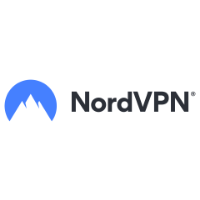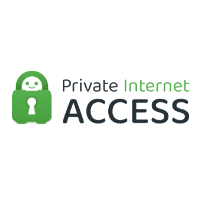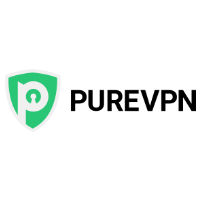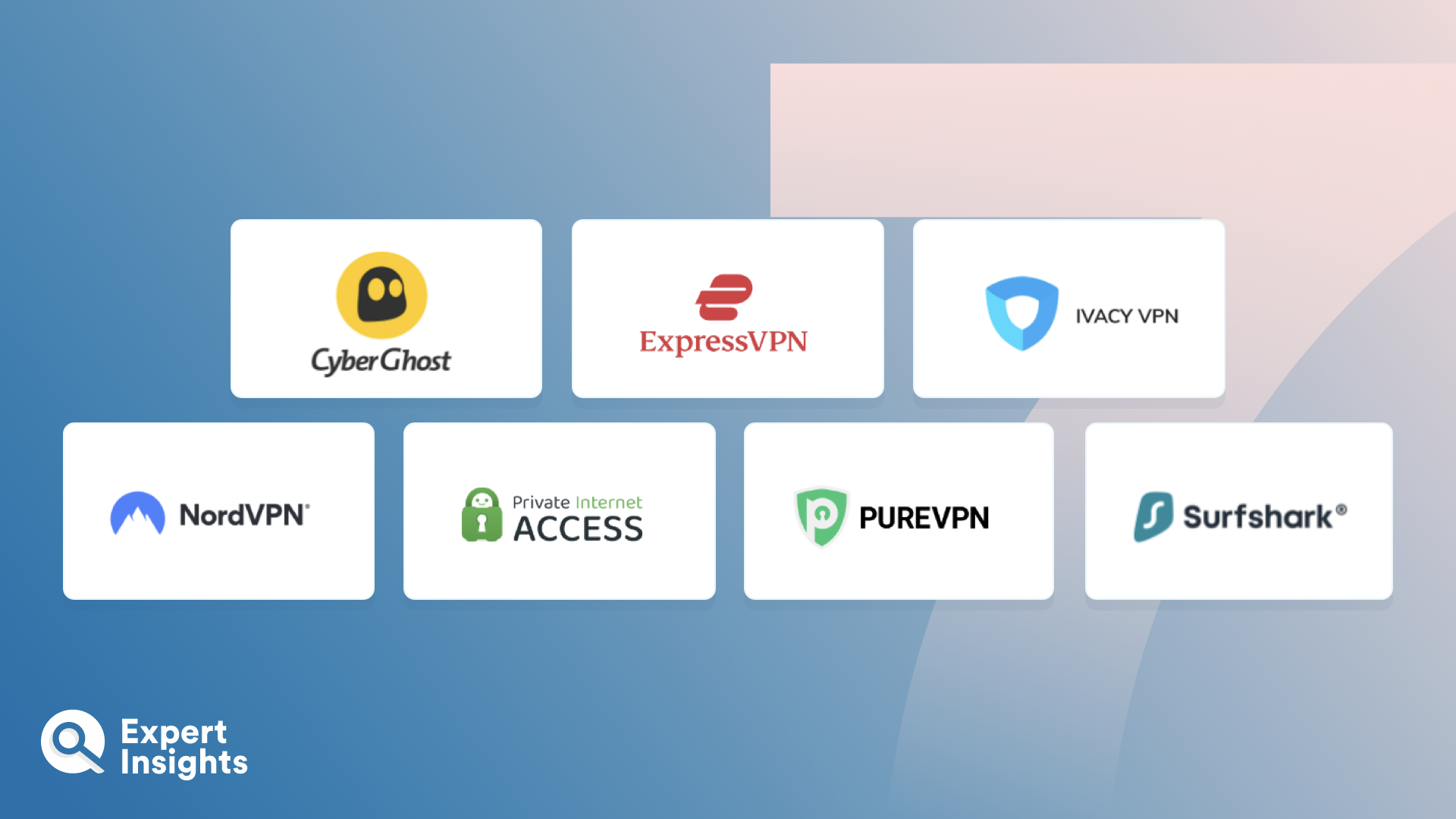VPN – or Virtual Private Network – is a protected network connection that is used to hide your IP addresses. The VPN works by creating a secret encrypted tunnel between your devices and the internet service provider, ensuring no one can see any activity happening inside the tunnel. Your search traffic will be redirected through several specially configured remote servers run by the VPN host. As your traffic is bounced between multiple servers, it is almost impossible to identify where it originated, or where it is destined for.
While surfing the internet on an unsecured Wi-Fi network, there is increased security risk as a malicious user active on that network could use the Wi-Fi network to tap into your device. From here they can identify what you’re doing, discover your browsing habits, and access your personal or sensitive information. In addition to keeping you safe online by securing your online connections, a VPN can make it possible to view content from other geographical regions, avoid online surveillance, and protect your identity from advertisers.
While it might be tempting to go with a free VPN – there are literally hundreds to choose from – the truth is that the free options often just aren’t up to scratch. Many free VPN aren’t as free as they seem – the tradeoff for using them is an endless stream of ads, or having your data sold. You’re much better off – and much safer – paying a little bit of money to use an effective product where you don’t have to sacrifice productivity or data.
For more information on how VPNs work, you can read this article: What Is A VPN And Does Your Business Need One?
We’re put together a list of seven effective VPNs that come at a surprisingly small costs. In this article we’ll explore background information for each vendor, delve into the features like strong encryption, IP address masking, no-logs policies, and expert support. We’ll then look at how these solutions are priced and give our insight into who would be best served by each VPN solution.













